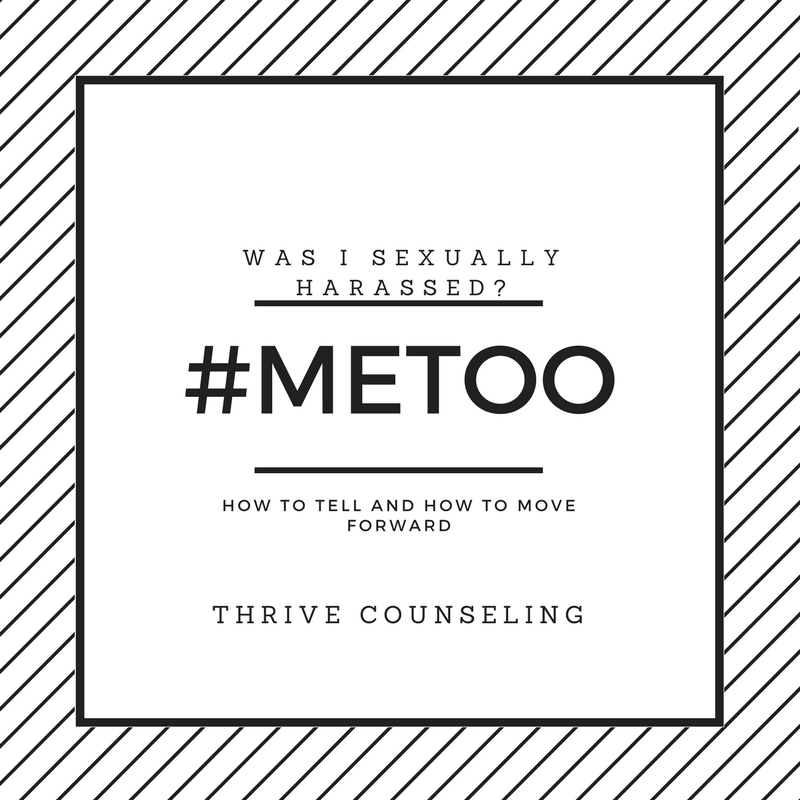
Do’s and Don’ts When Your Loved One has been Sexually Assaulted
If your loved one has been sexually assaulted or sexually abused in the past, it can be very difficult to know how best to support them. Here’s a reference of Do’s and Don’ts for the survivor in your life. DO Be informed about sexual assault. Learn about common trauma effects and know what to expect. Be available, both emotionally and physically. Listen to your loved one if they want to talk to you. Help them problem-solve and offer suggestions if they are open to it, and always after listening and validating their feelings. Avoid any statements that may seem judgmental to the survivor; they already struggle with self-blame. Remind them of their strengths. Encourage them. Mirror the parts of their personality that they find positive. Help them engage in fun and interesting activities. Respect their need for boundaries and privacy. If the survivor is your intimate partner, make sure to talk about sexual boundaries and be patient in this area. Gently challenge shame and self-blame by reminding survivors that it’s not their fault, and you are glad that they survived. DON’T Ask too many questions about the assault itself; it’s understandable to be curious or want to know, but be wary of asking questions only to help your own feelings rather than to support them. Treat them with kid gloves; this can re-enforce negative thinking patterns that they are ‘broken’ or ‘damaged’ in some way. Bring up the assault if they do not want to talk about it. Assume that all of their feelings are related to the assault; everyone can have a bad day. Try to rescue them from their feelings or “fix” them. Expect them to return quickly to how they were “before.” Be very patient and understand that a sexual assault will change a survivor. If your loved one needs counseling, help them set up an appointment. If you need support for yourself, don’t hesitate to reach out to a local counselor as well, your feelings are important.





